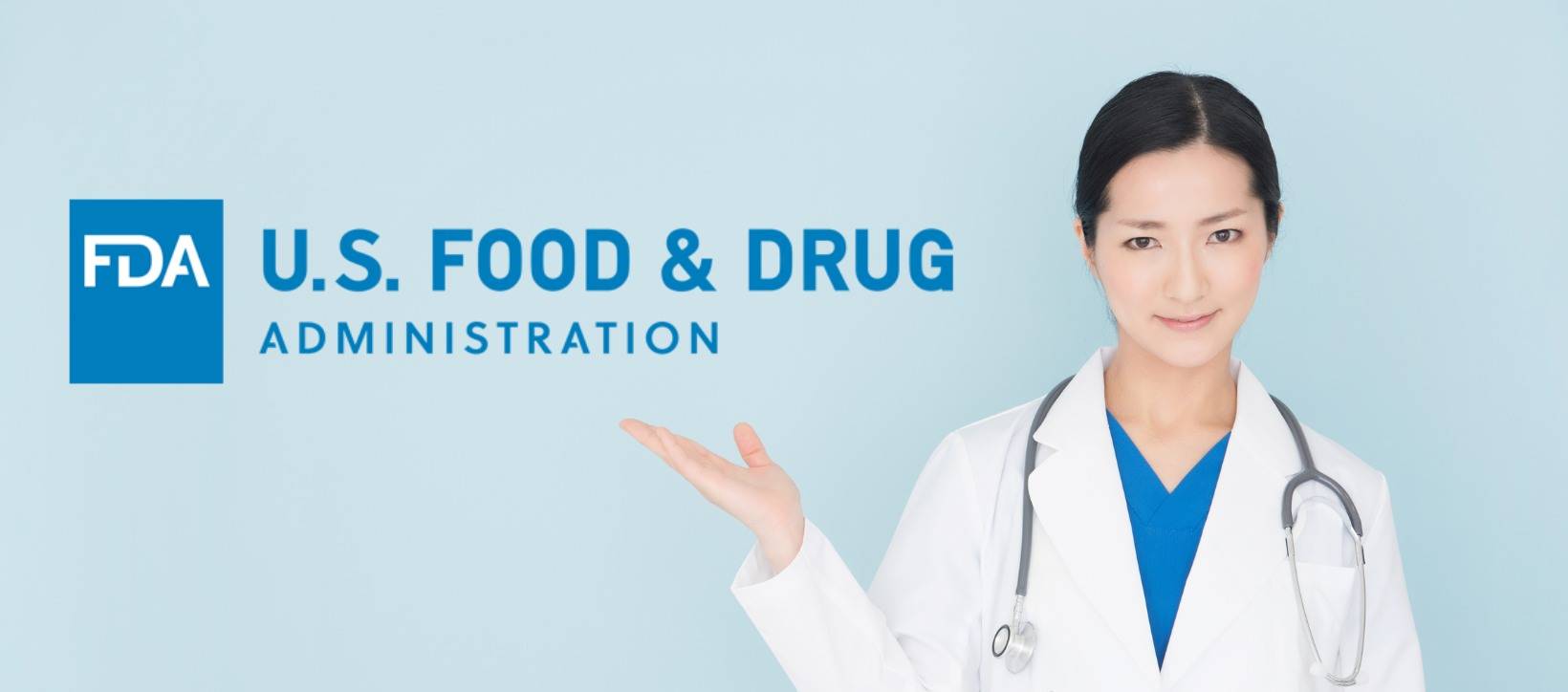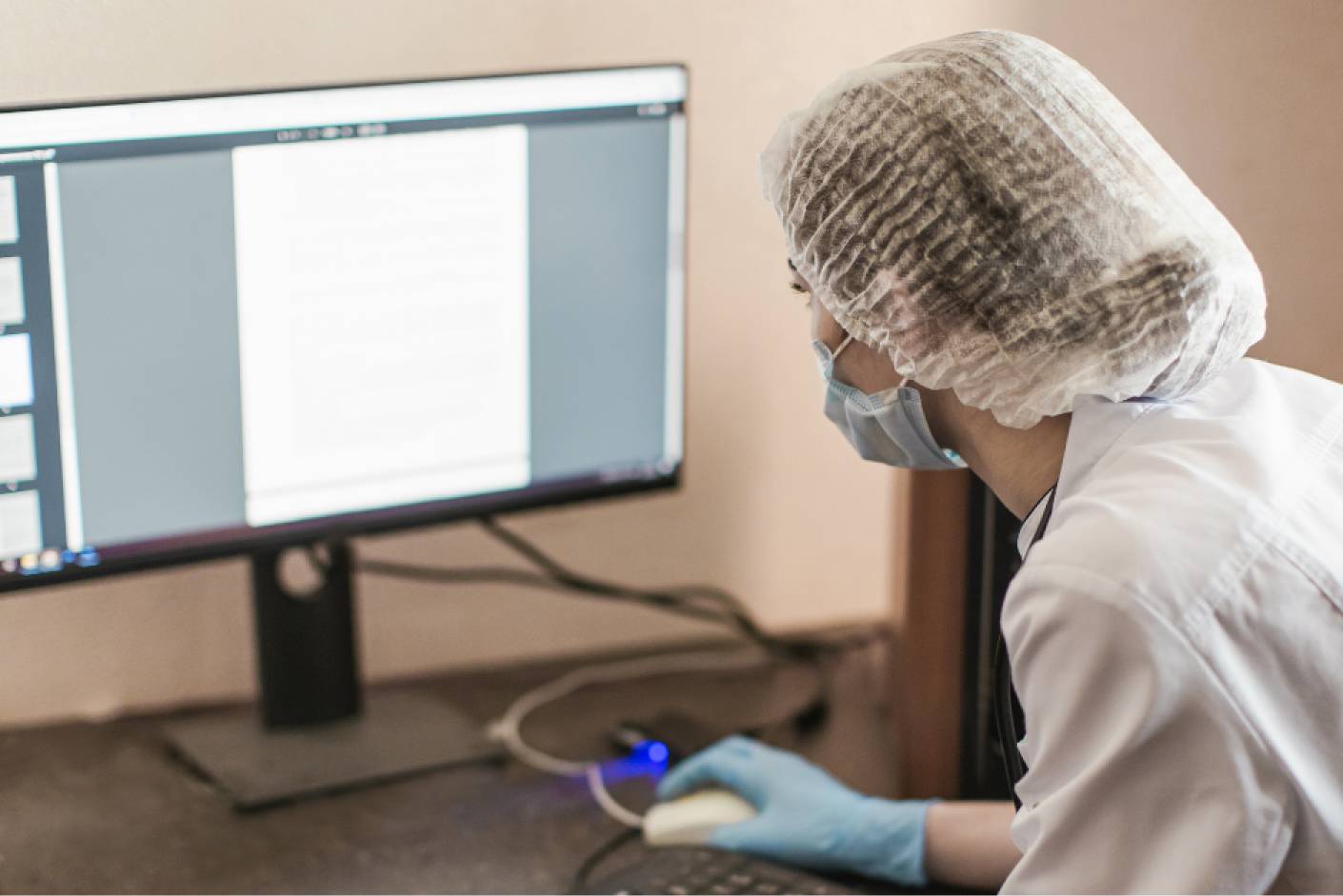
Table of content
The document provides an overview of the applicable regulatory requirements, as well as additional clarifications to be taken into consideration by medical device manufacturers and other parties involved to ensure compliance thereto.
At the same time, provisions of the guidance are non-binding in their legal nature, nor are they intended to introduce new rules or impose new obligations.
Moreover, the authority explicitly states that an alternative approach could be applied, provided such an approach is in line with the existing legal framework and has been agreed with the authority in advance.
The authority issued the present comprehensive guidance to managing disruptions in the medical device supply chain.
Recommendations provided in this guidance are crucial for ensuring a continuous supply of medical devices, which is particularly significant during public health emergencies (PHEs).
Definitions
The document provides definitions of the most important terms and concepts used in the context of the guidance, including:
- Permanent Discontinuance
The FDA defines this as the indefinite cessation of manufacturing and distribution of a medical device by a manufacturer, typically due to business decisions or other non-regulatory reasons. - Interruptions in Manufacturing
This refers to significant reductions in manufacturing capabilities or situations where a manufacturer’s supply cannot meet an increased demand. This can occur due to various factors, including labor constraints, raw material shortages, or recalls of medical devices.

Notification Requirements for Manufacturers
Manufacturers are required to notify the FDA in the following scenarios:
- Increase in Demand: If there’s a surge in demand for a device due to a response during or in anticipation of a PHE, such as a pandemic or a natural disaster, manufacturers must inform the FDA.
- Decrease in Manufacturing Capability: Any decrease in capability, whether due to labor constraints, raw material shortages or recalls, necessitates notification.
- Exceptions: Notifications are not required for temporary market responses (e.g., demand for a new model) or normal fluctuations in demand.
Meaningful Disruption
According to the guidance, this term refers to a significant change in production that leads to a more than negligible reduction in the supply of a device, impacting the manufacturer’s ability to fulfil orders or meet expected demand.
The FDA emphasizes that manufacturers should base their notifications on their own capacities and supply situations, without considering competitors’ capacities or perceived market demands.
The authority also clarifies exceptions to meaningful disruptions, such as routine maintenance or insignificant manufacturing changes, provided the manufacturer expects to resume operations within a reasonable time frame (not exceeding six months).
Specific Scenarios Requiring Notification
As further explained by the authority, medical device manufacturers must immediately notify the FDA if:
- They anticipate an action that may lead to a meaningful disruption, such as pausing production for a quality investigation.
- A government entity directs them to take actions that may disrupt the supply chain.
Guidance During Public Health Emergencies
The document also outlines special rules to be applied in case of public health emergencies:
- During a PHE: The guidance is applicable when the Health and Human Services (HHS) Secretary declares a PHE under section 319 of the PHS Act. This includes any extensions of the PHE declaration.
- In Advance of a PHE: The FDA considers conditions that signal the potential for a PHE, such as an impending outbreak or natural disaster, as being “in advance of a PHE” Even if a PHE is not ultimately declared, these conditions warrant preparedness and potential notification.
- FDA Outreach: The FDA intends to proactively communicate with manufacturers, alerting them of situations that might require notification.
This could include emails and website postings about impending natural disasters or outbreaks, emphasizing the need for readiness to report any disruptions. - A PHE in a specific area can have broader national implications for the medical device supply chain.
Localized disruptions can lead to national shortages, highlighting the interconnected nature of the supply chain.
Manufacturers facing such localized interruptions during a PHE are required to notify the FDA, especially if these interruptions could lead to meaningful disruptions in the US.
Notification Requirements for Critical Devices
The applicable legal framework also establishes notification requirements for medical devices vitally important in the course of medical care.
Under section 506J, manufacturers must submit notifications for devices critical to public health, irrespective of their direct relation to a specific PHE.
The FDA aims to provide more detailed information about the types of devices that require notification under this section in the future.
Conclusion
In summary, the present FDA guidance on managing disruptions in the medical device supply chain describes the existing framework for ensuring the availability of medical devices, particularly in the face of public health emergencies.
It outlines the responsibilities of manufacturers in monitoring and reporting changes in their production capabilities or supply situations.
This proactive approach is designed to mitigate the impact of any disruptions, maintaining a steady and reliable supply of essential medical devices for healthcare providers and patients.
The guidance reflects the FDA’s commitment to public health and safety, emphasizing the need for transparency and communication between manufacturers and regulatory authorities to manage the medical device supply chain effectively.
How Can RegDesk Help?
RegDesk is a holistic Regulatory Information Management System that provides medical device and pharma companies with regulatory intelligence for over 120 markets worldwide. It can help you prepare and publish global applications, manage standards, run change assessments, and obtain real-time alerts on regulatory changes through a centralized platform. Our clients also have access to our network of over 4000 compliance experts worldwide to obtain verification on critical questions. Global expansion has never been this simple.
Want to know more about our solutions? Speak to a RegDesk Expert today!
–>
- SEO Powered Content & PR Distribution. Get Amplified Today.
- PlatoData.Network Vertical Generative Ai. Empower Yourself. Access Here.
- PlatoAiStream. Web3 Intelligence. Knowledge Amplified. Access Here.
- PlatoESG. Carbon, CleanTech, Energy, Environment, Solar, Waste Management. Access Here.
- PlatoHealth. Biotech and Clinical Trials Intelligence. Access Here.
- Source: https://www.regdesk.co/fda-guidance-on-notifying-on-discontinuance-or-interruption-conditions/



